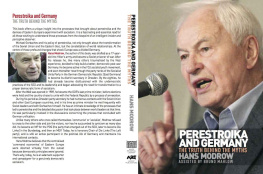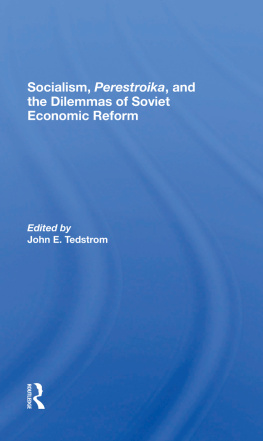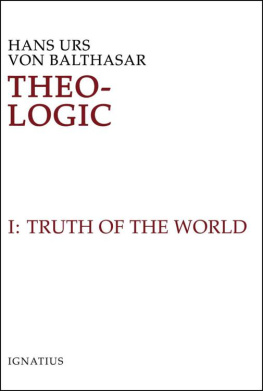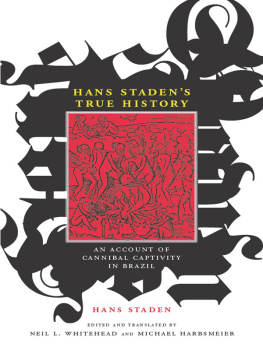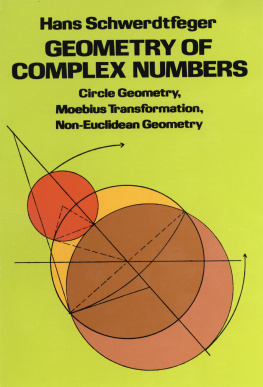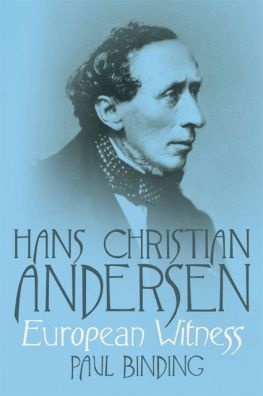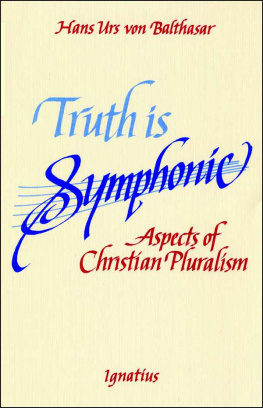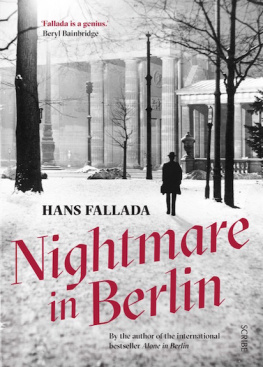Hans Modrow - Perestroika and Germany: the truth behind the myths
Here you can read online Hans Modrow - Perestroika and Germany: the truth behind the myths full text of the book (entire story) in english for free. Download pdf and epub, get meaning, cover and reviews about this ebook. year: 2014, publisher: Marx Memorial Library etc.;Artery Publications with Marx Memorial Library, genre: Politics. Description of the work, (preface) as well as reviews are available. Best literature library LitArk.com created for fans of good reading and offers a wide selection of genres:
Romance novel
Science fiction
Adventure
Detective
Science
History
Home and family
Prose
Art
Politics
Computer
Non-fiction
Religion
Business
Children
Humor
Choose a favorite category and find really read worthwhile books. Enjoy immersion in the world of imagination, feel the emotions of the characters or learn something new for yourself, make an fascinating discovery.
- Book:Perestroika and Germany: the truth behind the myths
- Author:
- Publisher:Marx Memorial Library etc.;Artery Publications with Marx Memorial Library
- Genre:
- Year:2014
- Rating:3 / 5
- Favourites:Add to favourites
- Your mark:
- 60
- 1
- 2
- 3
- 4
- 5
Perestroika and Germany: the truth behind the myths: summary, description and annotation
We offer to read an annotation, description, summary or preface (depends on what the author of the book "Perestroika and Germany: the truth behind the myths" wrote himself). If you haven't found the necessary information about the book — write in the comments, we will try to find it.
Hans Modrow: author's other books
Who wrote Perestroika and Germany: the truth behind the myths? Find out the surname, the name of the author of the book and a list of all author's works by series.
Perestroika and Germany: the truth behind the myths — read online for free the complete book (whole text) full work
Below is the text of the book, divided by pages. System saving the place of the last page read, allows you to conveniently read the book "Perestroika and Germany: the truth behind the myths" online for free, without having to search again every time where you left off. Put a bookmark, and you can go to the page where you finished reading at any time.
Font size:
Interval:
Bookmark:
AND GERMANY
AND GERMANY

Perestroika and Germany: the truth behind the myths
Hans Modrow
Assisted by Bruno Mahlow
First published in Germany by edition ost, Berlin
Personal reminiscences and analyses of a decade that changed the worldTranslated from the original German by Franziska Kleiner
English version edited by John Green
Published in Germany 1998
Published in Russia 1999
Published in Bulgaria 2008
Published in China 2012
Published in the United Kingdom 2014


in collaboration with Artery Publications
Copyright Hans Modrow 2009
Designed by Michal Bocza
Printed by Russell Press
ACIP catalogue record for this book is available from the British LibraryISBN 978-0-9558228-5-8
Photo captions: front and back cover Hans Modrow, inside title page PresidentMikhail Gorbachev with GDR leader Erich Honecker
C ONTENTS
F OREWORD
C HAPTER 1 The First Signs of Change8
C HAPTER 2 Perestroika Expectation and Reality19
C HAPTER 3 Perestroika and the End of Socialism49
C HAPTER 4 Perestroika and the End of the GDR73
C HAPTER 5 The CPSU Relations with the SED98
C HAPTER 6 The Demise of the Soviet Union129
C HAPTER 7 Perestroika Victory or Defeat?149
C HAPTER 8 After Perestroika158
I NDEX OF NAMES
Memoirs and documentary records of the last months of the SovietUnion exist in plenty but insider accounts of the final days of theGerman Democratic Republic and Moscows role in the lead-up toGermanys re-unification are relatively rare. Particularly for Englishreaders little is available.
Hans Modrows well-argued but often angry book goes a long wayto filling the gap. He led the ruling Socialist Unity Party (SED) inDresden for over fifteen years and became the countrys PrimeMinister for five months after the BerlinWall came down. Sometimesdubbed East Germanys Gorbachev, he too wanted to reform theeconomy and democratise the communist system without destroyingit. When re-unification became inevitable he tried to promote agradual merger withWest Germany within a confederation rather thanpermit the abrupt annexation which actually ensued.
During the GDRs last hectic months he had frequent meetingswith Gorbachev and the Soviet leaders advisers as they wrestled withthe German issue. His book is buttressed by testimony from his friendBruno Mahlow who headed the international relations department ofthe SED Central Committee and shared policy papers with Sovietcolleagues.
At the heart of his account lie three crucial questions: what wentwrong with Soviet socialism before perestroika, what went wrong withperestroika itself, and could anything have been done to save it.Modrow is on familiar ground in highlighting the bureaucraticdeformations that afflicted Soviet policy in the years following the civilwar, even before Stalins personality cult and his waves of repression.
P ERESTROIKA AND G ERMANYTHE TRUTH BEHIND THE MYTHSHe criticises the Kremlins insistence on ideological conformity fromits Warsaw Pact allies -- what he calls the rule that the egg is notallowed to be cleverer than the hen. But he makes clear that ErichHonecker, the SED general secretary, was a complacent and arrogantconservative who saw no need for reform, freedom of movement anddemocratisation because he felt the GDRs standard of living wassuperior to that of the USSR. Indeed, Honecker comes across inModrows account as a petty, vindictive and out-of-touch figure whosehighest ambition was to be received as a statesman in the FederalRepublic of Germany and the White House.
If this is severe, Modrow is even harsher with Gorbachev. Thoughhe agrees with Gorbachevs view that the Soviet Union had to change,he criticises perestroika for being a programme without a programme.Gorbachev had no domestic agenda, except for tinkering with minorreforms such as allowing factory managers a bit more leeway inchoosing what to produce and how to produce it.The central plan wasstill paramount, along with the falsification of statistics that meant theplans targets were both all-important as a tool of discipline while alsobeing hollow.
Modrow rightly identifies the 19th party conference of theCommunist party of the Soviet Union in July 1988 as the momentwhen the old system died, thanks to the decision to accept contestedelections for a new Soviet parliament in which non-Communistscould take part. But he points out that the conference heard nostatement from Gorbachev on how this would achieve progress inraising Soviet citizens standard of living.Yet the contradiction behindperestroikas stated but vague goal of increased democracy was thatGorbachev rammed this hugely controversial decision through byusing the traditional discipline of insisting that delegates support thePolitburo mechanically.
On foreign policy Gorbachev was equally rudderless andinconsistent. He broke from the class struggle in international relationsbut put nothing in its place. On German unity and the future of Natohe allowed himself to be out-manoeuvred byWestern leaders becausehe had no strategy. He did not ask his staff for options, or hold seriousinternal discussions on policy, or prepare properly for meetings withforeign leaders. Everything was improvised because Gorbachevbelieved charm alone would persuade his interlocutors to accept hisviews. The Kremlin staff were equally shoddy. Modrow scathinglyreports that Gorbachevs main foreign affairs adviser, Anatoly
F OREWORDChernyayev, did not understand the German Federal Constitutionstwo key paragraphs on achieving German unity: an entity could jointhe Federal Republic by simply accepting the existing constitution orthere could be a merger of two entities and negotiations on a newconstitution. The latter could have preserved aspects of the GDRswelfare system and social structures while the former meant everythinghad to conform to West German capitalism. Chernyayev dismissedthe dilemma as a boring detail.
Gorbachev was slightly firmer in his dealings with Western leaderson the future of Nato, but here too his hopes were never made intopublicly announced demands or couched as red lines. In private talkswith US Secretary of State James Baker and President Bush heconceded German unity without written guarantees on Natos roleonce theWarsaw Pact dissolved and the GDR vanished.The seeds oflater crises over Georgia and Ukraine were planted then. As forGorbachevs view, since leaving office, that the SecondWorldWar wasa struggle between two totalitarian regimes, Modrow finds thisunacceptable. As a German Modrow cannot help seeing it as a war ofliberation against fascist aggression.
Modrow concedes that none of the reform issues confronting theGDR or the Soviet Union as self-defined socialist states was easy.He doubts whether any Soviet or East European leader understoodMarx. He is critical of himself as well as of colleagues. He writes thatwe could find no answer to the question of what exactly socialismand the socialist doctrine was, what was meant by social justice and inwhat context democracy and socialism could co-exist. Gorbachevstarted with courage and vigour.We appreciated and admired him forthat, he adds. He instilled hope in socialists everywhere that wecould move to new pastures.What remains is little more than a bitteraftertaste.
Font size:
Interval:
Bookmark:
Similar books «Perestroika and Germany: the truth behind the myths»
Look at similar books to Perestroika and Germany: the truth behind the myths. We have selected literature similar in name and meaning in the hope of providing readers with more options to find new, interesting, not yet read works.
Discussion, reviews of the book Perestroika and Germany: the truth behind the myths and just readers' own opinions. Leave your comments, write what you think about the work, its meaning or the main characters. Specify what exactly you liked and what you didn't like, and why you think so.

